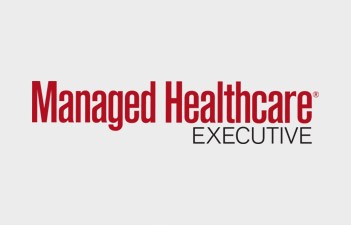
Population health is widely promoted as a key strategy to transform healthcare through the power of data and analytics. The goal is to separate the most effective treatments for a given patient population from the less effective ones.
While this is largely accurate, Mercy Accountable Care Organization (ACO), made up of a large healthcare system in Des Moines, Iowa, has identified and successfully leveraged an as-yet “unsung hero” factor to supplement its population health strategies. That factor a personalized approach to patient care through health coaches.
For example, Mercy ACO recently sought to reduce admissions and improve the quality of life among 65,908 Mercy patients with hypertension. To this end, the ACO hired 100 health coaches to work with these patients. Rather than working in hospitals or from remote call centers to speak with patients over the phone, these coaches work primarily in physician offices, where they can have face-to-face contact with patients and are perceived as part of the team, making them and their care more effective.
While definitively linking the program with the reduction in admissions is difficult, Mercy ACO believes this more empathic approach to population health care is responsible for reductions in admissions per-thousand patients among this patient population, leading, in turn, to lower costs of care for the organization as a whole. Between 2009 and 2014, Mercy ACO’s readmit rates dropped from 151.64 per 1,000 patients, to 129.02 per 1,000.

